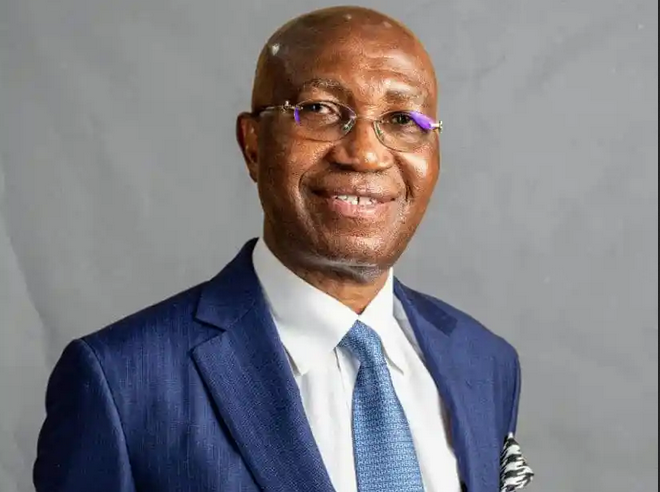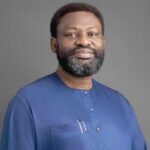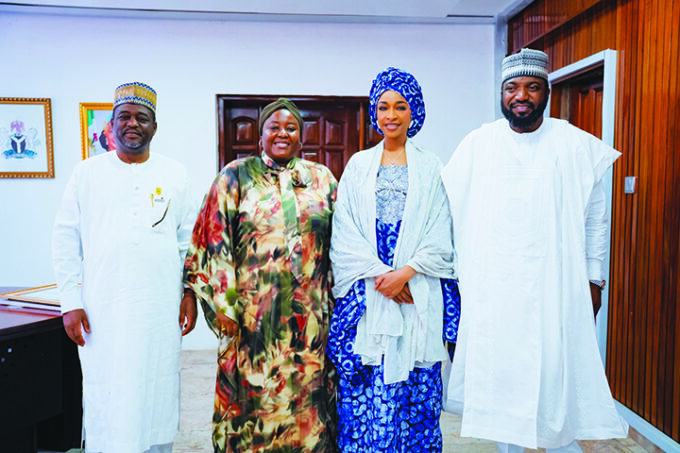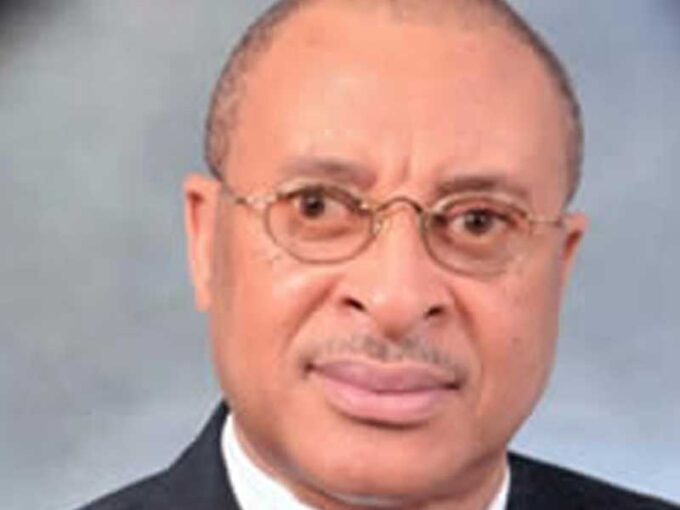Some careers grow with applause; others grow quietly until applause becomes unnecessary. At 74, Chief Wole Olanipekun appears to belong to the latter group.
He was born in Ikere Ekiti in 1951 and rose from Amoye Grammar School to the Inner Bar. By 1976, he had been called to the Nigerian Bar. In 1991, he became one of the youngest Senior Advocates Nigeria had seen. The title did not change his step. It only confirmed his direction.
His reputation came through performance. Courtrooms learned to expect measured persuasion rather than theatrics. His advocacy shaped constitutional debates, election petitions and impeachment rules. The Inakoju v. Adeleke ruling still echoes in law classrooms. It drew the boundary between power and its limits.
He built a firm with national reach. Wole Olanipekun and Co. became a passageway for young lawyers. Many later became judges or professors. Others simply speak of the discipline he enforced and the generosity he offered. Mentorship seemed to be part of the office furniture.
Public duty kept calling. He led the Nigerian Bar Association between 2002 and 2004. He served as Pro Chancellor at three universities. He sat on legal councils and judicial bodies. Colleagues called him an oracle. Yet he rarely introduced himself that way.
His influence moved beyond technique. In tense national moments, he became a reference point: calm, principled and unafraid to speak. He staged a walkout on presidential power when he felt the rule of law was being treated as decoration. Few advocates earn fame through restraint.
Awards followed him. OFR arrived in 2012; CFR in 2022. He wore them lightly. He preferred being known for his consistency rather than his titles. It helped that his family carried equal weight. Two of his children now hold the same silk he earned decades ago.
At 74, Chief Olanipekun’s courtroom voice may be softer. His relevance is not. In a profession that thrives on argument, the career of this legendary figure still reads like steady evidence.

















Leave a comment